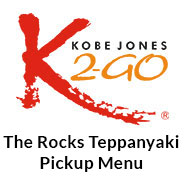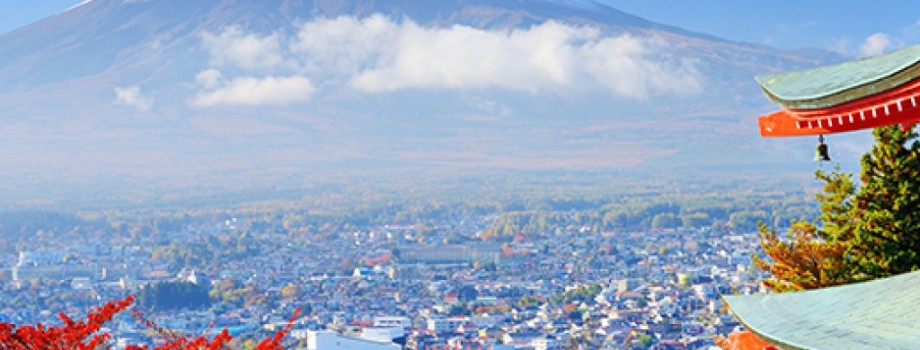Japan is a country unlike any other, and is located on a beautiful set of islands that each have their own customs and culture. To ensure that your journey is a success, and to prevent any issues with the locals, here are some essential tips you should know before you start your travels.
1. Be prepared to take your shoes off
As in many other Asian countries, it is customary in Japan to remove your shoes whenever you enter a home, restaurant, hotel, or any other carpeted area. The Japanese traditional carpet (tatami mats) is used on most floors, and must always remain clean.
When entering a building, you will always be shown a place to leave your shoes, and receive slippers to put on. This is why nice socks are recommended; you should ensure you are wearing fresh socks with no holes at all times.
2. Don’t draw attention to yourself
Japanese society is focused around the wellbeing of the group as a whole, rather than the individual. That’s why making yourself noticeable is a major red flag. For example:
- Walking down the street and eating at the same time is considered extremely uncouth.
- Do not blow your nose in public.
- Do not talk on the phone in enclosed spaces, such as trains, buses, restaurants, queues or elevators, and do not talk loudly in any situation.
- Essentially, you should always try to be as modest as possible.
3. Respectfully addressing someone
Respect is very important in Japanese culture, and so bowing when meeting someone is custom. As tourists, we may not be expected to do a full bow, but a simple inclination of the head shows respect.
Also, when addressing someone, Japanese people tend to always use the proper title the person deserves. You can also add the suffix “san” after the person’s name as a sign of respect.
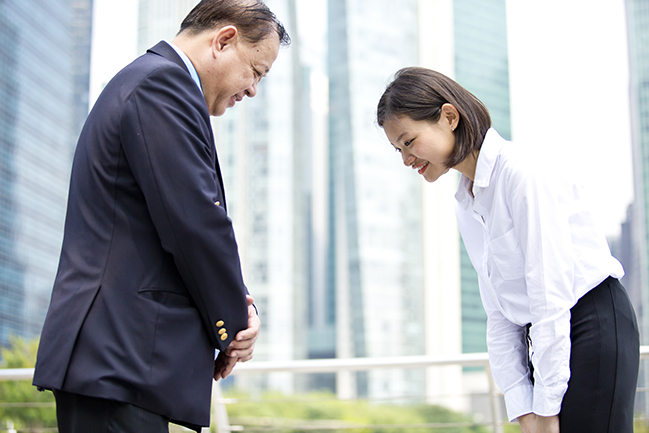
4. Table manners
Table manners in Japan may look a little different than Western protocols, and so some points to remember are:
- Slurp your noodles! Makings sounds while eating noodles shows enjoyment for the meal, so go ahead and make some noise.
- Raising the bowl closer to your mouth while eating is considered acceptable.
- If you receive a wet cloth at any restaurant, use it to clean your hands before eating, not as a serviette.
- Saying “Itadakimasu” before eating is polite, meaning “I will receive”.
5. Chopstick manners
There are also some basic rules of how to properly use your chopsticks, which could save you from being embarrassed when eating in Japan!
- Don’t eat directly from common dishes – instead take the portion you’d like and put it on the small plate provided.
- Never pass the chopsticks around – you’ll remind Japanese people of a traditional funeral ritual.
- Don’t put the chopsticks directly onto the table – use a chopstick holder instead.
6. Drinking
Never start drinking before you’ve raised your glass and have said “kampai!”, which is the traditional Japanese drinking salute.
In addition, keep in mind it is very impolite to pour yourself a drink. Rather, serve others and refill their glasses. They will do the same for you.
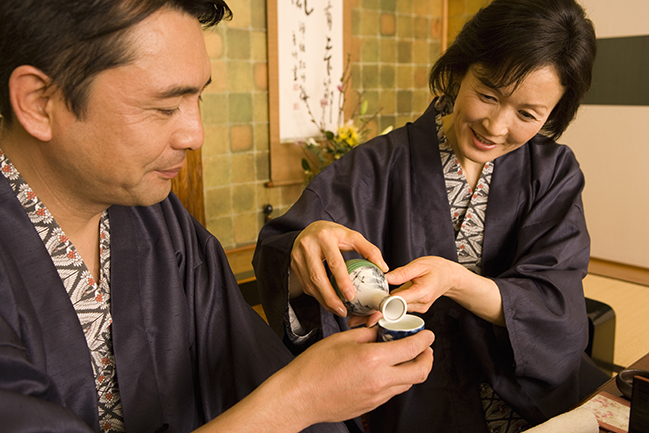
7. Handling money and credit cards
Giving and receiving money, credit cards, or other forms of payment in Japan is a true art. It is unusual to hand money directly to a cashier, as there is usually a small tray where you are meant to place money and retrieve it from. However, if you do need to pass your credit card or money directly to someone else, you should use both hands to do it. It shows respect, and demonstrates that both parties are exchanging something valuable.
8. Language
Remember that Japan is not an English speaking country, so go easy with what you say and carefully choose the words you use. Learning a few words in Japanese might help, although locals may insist on practicing their English skills with you.
9. Bathing
Japanese hot springs (onsen) are everywhere throughout the country, and they are a big part of Japanese culture. There are simple etiquette rules you will need to follow:
- Nudity is required (no bathing suits).
- Bathing is not to clean yourself; on the contrary, you must shower and scrub first, and then enjoy the onsen. You should be careful not to dirty the water in any way, not even with soap.
- If you have large tattoos, you may not be allow to enter an onsen.
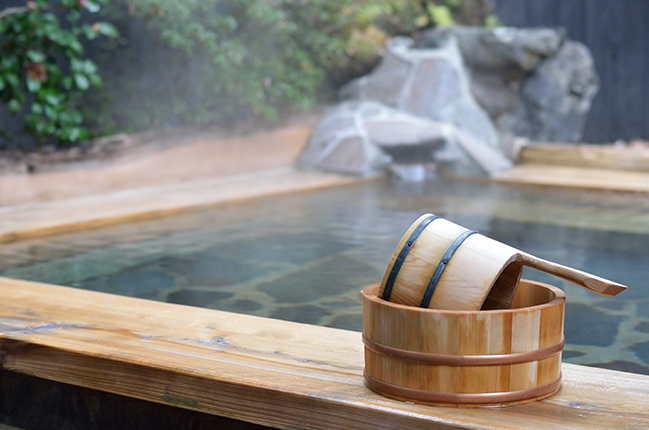
10. Masks
Japanese people have a very strong work ethic, and missing a day of work from a simple cold is almost unheard of. That’s why people try to avoid being sick at all cost, and they also try to avoid contaminating others; don’t be surprised if you see people wearing dental masks on the streets and subway.
11. Avoid tipping
Tipping is considered rude in Japan. Even if the service is amazing, it’s important that you do not tip as the person will feel offended.
12. Irrasshaimase!
This means “Welcome!”, and you will hear it each time you enter any restaurants or shops. The staff greets you this way to show you they are there to serve you, and that they are happy to have you around.

13. Hand gestures
Hand gestures are as important as the language itself, and some of them are very different from what we are used to.
- If someone points at their nose, they are referring to themselves.
- Never point at objects or at others, as it is considered rude. Instead, use your open palm to indicate.
- If you want to express you have had enough food or drinks, wave your hand in front of your nose (as if something was smelly).
14. Rubbish
Japanese cities are extremely clean. You will see no rubbish whatsoever on the streets, even though it seems rubbish bins are impossible to find. Littering is considered very rude and is an offence punishable by a fine, so be careful to dispose of your rubbish properly.



